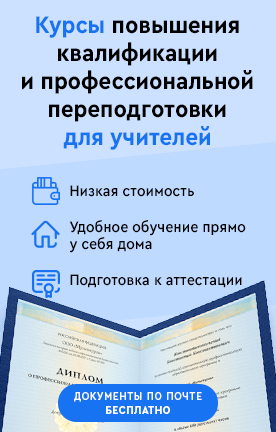Создайте Ваш сайт учителя Курсы ПК и ППК Видеоуроки Олимпиады Вебинары для учителей
Урока английского языка в 9 классе на тему "Народная мудрость"
Задачами данного урока является расширение кругозора школьников на тему мудрости пословиц народов мира, научить следовать мудрым пословицам в жизни, тренировать учащихся в монологической и диалогической речи, обогатить их словарный запас, обсудить нравственную ценность пословиц. На данном уроке, учащиеся имеют возможность проявить такие замечательные качества, как взаимопомощь, дружеская поддержка, терпение, доброжелательность, активность и творческий подход к заданиям.
Вы уже знаете о суперспособностях современного учителя?
Тратить минимум сил на подготовку и проведение уроков.
Быстро и объективно проверять знания учащихся.
Сделать изучение нового материала максимально понятным.
Избавить себя от подбора заданий и их проверки после уроков.
Наладить дисциплину на своих уроках.
Получить возможность работать творчески.
Просмотр содержимого документа
«Урока английского языка в 9 классе на тему "Народная мудрость" »
Полезное для учителя
Распродажа видеоуроков!
1250 руб.
2090 руб.
1340 руб.
2240 руб.
1340 руб.
2240 руб.
1540 руб.
2570 руб.
Курсы ПК и ППК для учителей!
800 руб.
4000 руб.
800 руб.
4000 руб.
2760 руб.
13800 руб.
800 руб.
4000 руб.
ПОЛУЧИТЕ СВИДЕТЕЛЬСТВО МГНОВЕННО
* Свидетельство о публикации выдается БЕСПЛАТНО, СРАЗУ же после добавления Вами Вашей работы на сайт
Удобный поиск материалов для учителей
Проверка свидетельства




















